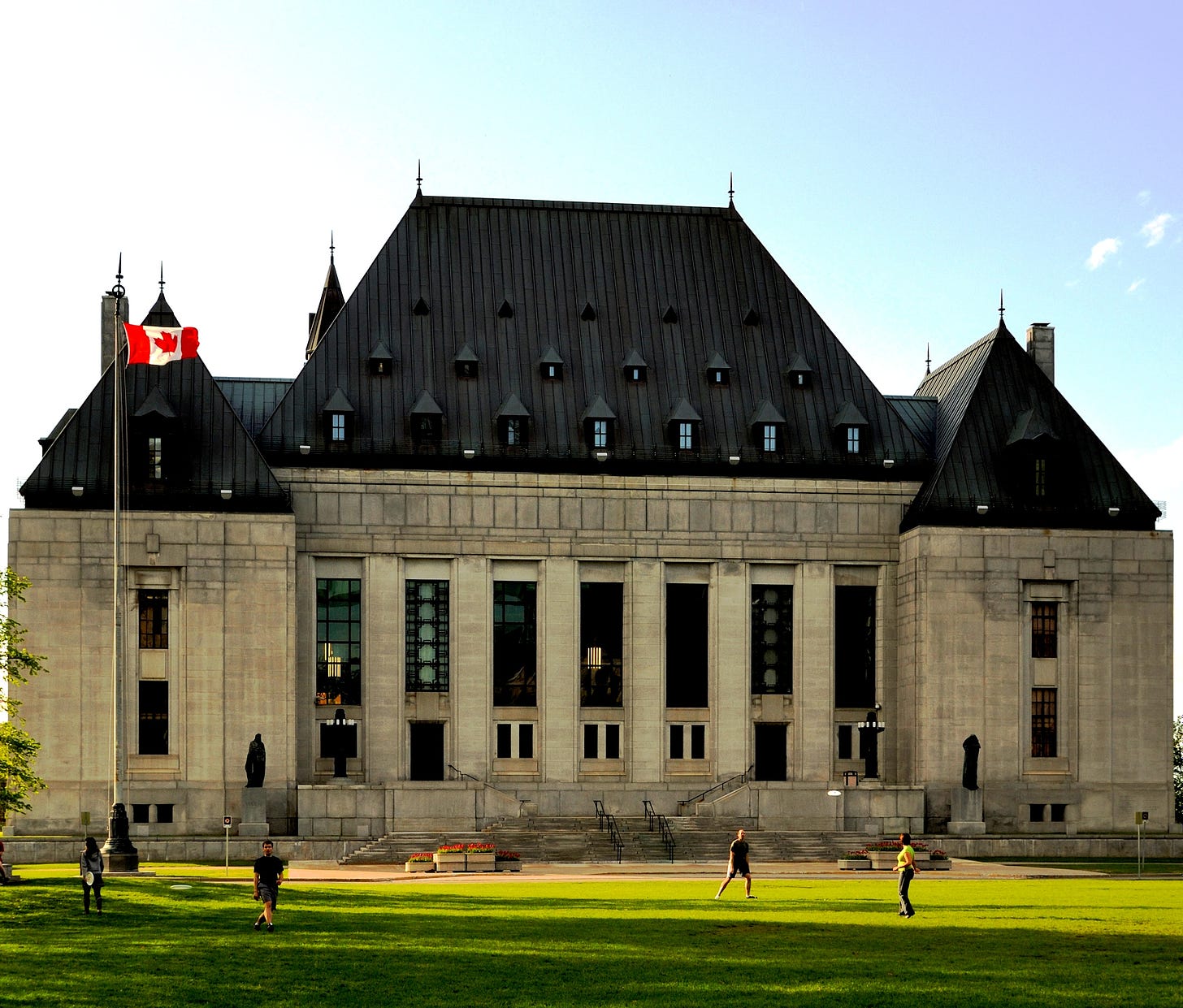Yes, Humour Can Cause Pain
But a free society recognises that the right to make bad jokes must be protected.
Photo: Wladyslaw, WikiMedia
I must say that I am not a fan of the Canadian comedian, Mike Ward. I, like many others, found the video of him ridiculing Jérémy Gabriel, a young man with Treacher Collins Syndrome, to be in bad taste—a real turn off. His mocking of a disabled child singer communicates a coarse and debased sensibility, that is unworthy of a serious entertainer.
Yet I was delighted that the Supreme Court of Canada ruled that Ward’s mocking of Gabriel did not breach the limits of free speech guaranteed under Quebec's Charter of Human Rights and Freedoms.
Back in 2016, a Quebec human rights tribunal decided to punish Ward and award Gabriel $25,000 for moral damages and another $10,000 for punitive damages. Gabriel's mother was awarded $5,000 for moral damages and another $2,000 for punitive damages. Ward appealed this decision, but in 2019 the Quebec Court of Appeal ruled against him on the grounds that his comments compromised Gabriel’s right to have his dignity safeguarded. The Court of Appeal asserted that Ward’s comment could not be justified, even in a society where freedom of expression is valued.
Unlike the Quebec Court of Appeal, the Supreme Court of Canada last week adopted a robust affirmation the importance of the principle of free speech. In its majority judgment, it stated that:
The impugned comments … were made by a career comedian known for this type of humour. They exploited, rightly or wrongly, a feeling of discomfort in order to entertain, but they did little more than that.
In a world where the right not to be offended or made to feel uncomfortable has acquired the status of a sacred right, this ruling is both unexpected and welcome.
In recent years comedy has become a fertile battleground for the cancel-culture brigade. Advocates of the cultural politics of identity are continually in search of jokes to which they can take offence. The recent reaction to David Chappelle’s Netflix shows that the offence police cannot take a joke.
Not all comedians are funny and not every form of humour is worth listening to do. However, humour can be a powerful instrument for promoting freedom and bringing its target down to earth. That is why until recently humour was intensely policed by the state. One of the greatest stand-up comedians of the twentieth century, Lenny Bruce, frequently faced obscenity charges before different local courts in the United States. In 1965 a court in New York found his performances “obscene, indecent, immoral and impure” and sentenced him to four months in a workhouse.
Bruce just about managed to be heard in the censorious Cold War era of the late 1950s and early 1960s. Were he alive today and sought to perform his outrageously funny stand-up act, he would constantly face the fury of the puritanical “let’s cancel anything that moves” mob.
In these dark and illiberal times, we have to defend the right of comedians to make fun of their chosen targets. They should be free to scandalise their audience and even to offend them. After all, any good satire is likely to offend someone.
And even if humour is so offensive that it causes someone pain, shouldn’t it be an individual’s choice to enjoy or ignore it, rather than have the taste police decree its unworthiness?





